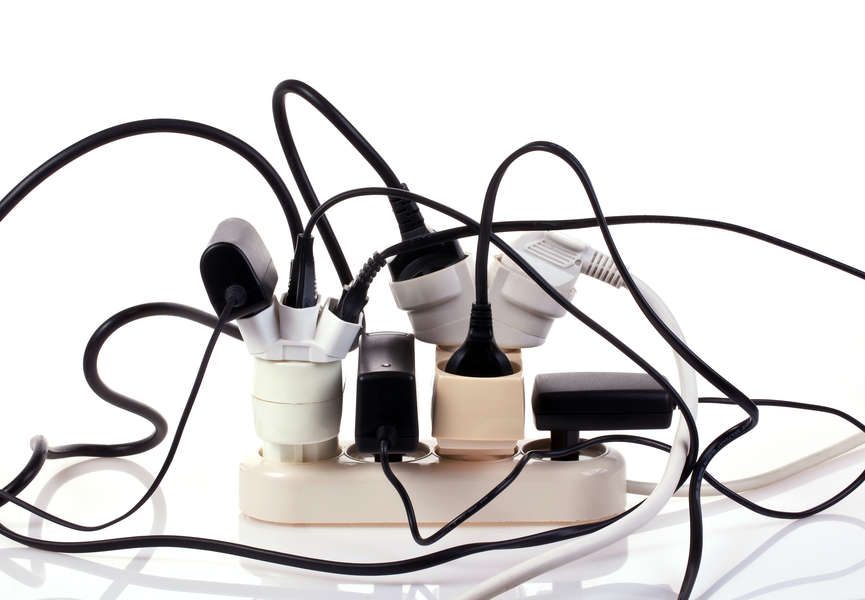
For most homes in New Zealand, the walls, ceilings, and floors are full of electrical systems – from wiring and sockets to networks and appliances. Our modern dependency on electricity means that it’s incredibly important to be aware of electrical problems before they happen. So, what should you look out for and how should you respond when an issue arises?
Please note: if you aren’t confident in your abilities to manage with any of these electrical problems, please make sure you call Lloyd Electrical to lend a hand. Our experience and safety practices reduce the risk of serious accidents occurring.
One Light Goes On. All Lights Go Off.
The circuit breaker is a marvellous safety feature, designed to make sure you don’t overload your home with electricity by cutting the power when there’s too much surging through it. Unfortunately for a lot of older homes, they weren’t necessarily designed to power the modern requirements of having your lights, fridges, microwaves, TVs and all your other electricals on simultaneous – resulting in one light seemingly tripping the breaker.
Your immediate resolution is to head to where your circuit breaker is located in your home and un-trip it. For long-term results, look into upgrading your circuit breaker to accommodate for a more modern electrical load.
The Lights Are Flickering. The House Must Be Haunted!
Don’t worry! It’s not a poltergeist wreaking havoc to your light bulbs. Usually, the cause of a flickering light is a lot less supernatural than that. A flickering light may be due to grid issues affecting your whole neighbourhood, such as a downed electrical line, or it may be faulty wiring or fixtures.
If it’s windy outside when your lights are flickering, that’s a good sign the cause is dodgy wiring – which means you need to give Lloyd Electrical a call. Before picking up the phone, though, check to make sure you don’t just need to change the light bulb.
Why’s The Electrical Bill Getting So Big!?
Typically, New Zealanders can blame winter for big spikes in their electrical bills thanks to electrical heaters, shorter days needing more lighting, and increased dryer usage. However, if you have the issue where your electrical bill is rising without any obvious increase in power usage, there may be something else going on.
A qualified electrician, like those here at Lloyd Electrical, can assess what may be the big drain on your power consumption. It could be as simple as a new appliance sapping up the juice or it could be something serious that urgently needs a fix, like faulty wiring. Alternatively, you may have just missed a notification about a rates rise so check with your electrical supplier to see if there’s been a change.
A Warm, Cozy Power Socket….
If your electrical receptacle is giving off heat, stop using it immediately. Seriously. No power socket or light switch should ever be generating warmth (save for dimmer switches which may get slightly warm depending on the bulb you’re using).
Check the entire room’s sockets and switches for similar temperature changes and stop their use as well if they’re feeling particularly radiant. Some of the receptacles may even have burn marks, which is a very clear sign of something wrong.
Bad, or faulty, wiring and receptacles can result in serious damage to your home, creating havoc behind your walls and even starting entire house fires. Stay safe and talk to an expert before considering using the sockets again.
A Carpet of Extension Cords and Power Boards
While incredibly handy for making sure multiple appliances are powered without the need for additional sockets around the house, excessive use of multi-socket power boards and extension cords add significant electrical risk to your home (and not just because you can trip over them).
The tentacle-like maze of cords is a dangerous nest of electrical fires waiting to happen so avoid having too many appliances using a single socket. Instead, call an electrician to install more outlets or to provide you with an alternative, safe solution that works for you.
